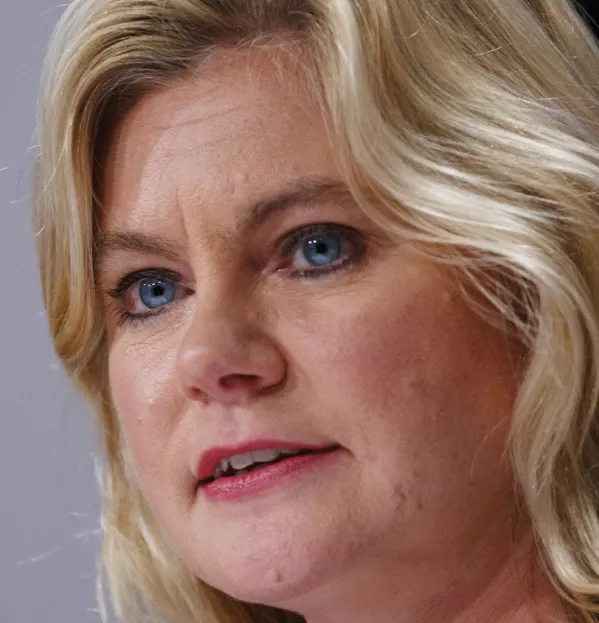Grammar plan is about ‘more choice for parents’

Justine Greening used much of her interview with TES to defend the government’s grammar school plans against widespread criticism.
How supportive of the grammar policy are you? There have been lots of suggestions that you are not hugely supportive.
I feel like for a long time the whole education system has been changing around grammars - and never more than the last decade in particular. I grew up in a part of the country that didn’t have grammar schools. I went to my local comprehensive - [it’s] one of the reasons it is such a privilege to be in this job, because I am a state-school girl who now gets the chance to improve the state education system for the next generation.
You’re the first comprehensive-educated education secretary and you are going to bring back grammars.
I am [comprehensive-educated]. There has been huge change in the school system over the last six to 10 years and grammars have been set to one side, and that’s not just the case for the last six to 10 years - that has been the case since the 1950s. At some stage we were always going to ask ourselves, ‘Where do grammars fit into a 21st-century education system?’
One of the things I find untenable is for someone to make an argument that grammars are terrible, and then criticise the fact we’re getting on with the consultation about how reform might happen. For people who think grammars don’t take enough free-school-meal children, I agree with that and I want to see them do a lot more. And that is why that is in the consultation document.
But you could have stopped there. You could say, “We’re going to look at grammars and how many kids they take from poorer backgrounds - end of” - and not introduce more selection into the system.
That is one objective. The other objective is about parents having choice and having more good school places, particularly in areas where they don’t think they have them.
But parents won’t have choice if their children don’t get into that school. It’s an argument you still haven’t answered. You say you’re not returning to a binary system, but you will create mini-binary systems wherever you put a grammar school. So, some parents won’t have that choice.
I don’t agree with that at all. I went to the Oxfordshire UTC on Monday, where I met outstanding young people who were going down a very science-based and technical education-based route, and it was a great start for them. They loved the fact they were already getting to do work with great companies like Rolls Royce and BMW.
At some stage we were always going to ask, where do grammars fit in?
So this sense that somehow the academic route, and whether or not a child gets into a grammar is somehow the definition as to whether or not a child has the capacity to succeed, is not one I accept.
Every child is different and what that visit really underlined is just how much we have broadened out the education system.
I don’t think it’s OK for politicians just to say that, in spite of grammars in many places being oversubscribed by 10 to one, that those parents are wrong and we shouldn’t respond to choice.
By even bringing the UTCs into the argument, aren’t you fanning the flames of the argument that we are going back to the 1950s and we will have a technical education for some kids and an academic education for others?
Again, I don’t agree with that at all. What it fails to see is that we have done a lot to improve the academic route that many children want to go down and we now need to do the same with the technical education route. That argument you set out has, at its premise, an assumption that a technical education route is somehow a lesser route.
I am not saying that; I am saying don’t select kids at 11.
What I am saying is I don’t see it as that. And just going back to selection at 11, the consultation document sets out the question as to whether children could go into grammars at different ages and for different subjects. Again, for people who say, “The 11-plus, this selection at 11 is inappropriate…” Well, I don’t see how anyone can make that argument and then violently disagree with us for opening up a consultation document that looks at how you can maybe have a better approach.
You need a Tes subscription to read this article
Subscribe now to read this article and get other subscriber-only content:
- Unlimited access to all Tes magazine content
- Exclusive subscriber-only stories
- Award-winning email newsletters
Already a subscriber? Log in
You need a subscription to read this article
Subscribe now to read this article and get other subscriber-only content, including:
- Unlimited access to all Tes magazine content
- Exclusive subscriber-only stories
- Award-winning email newsletters